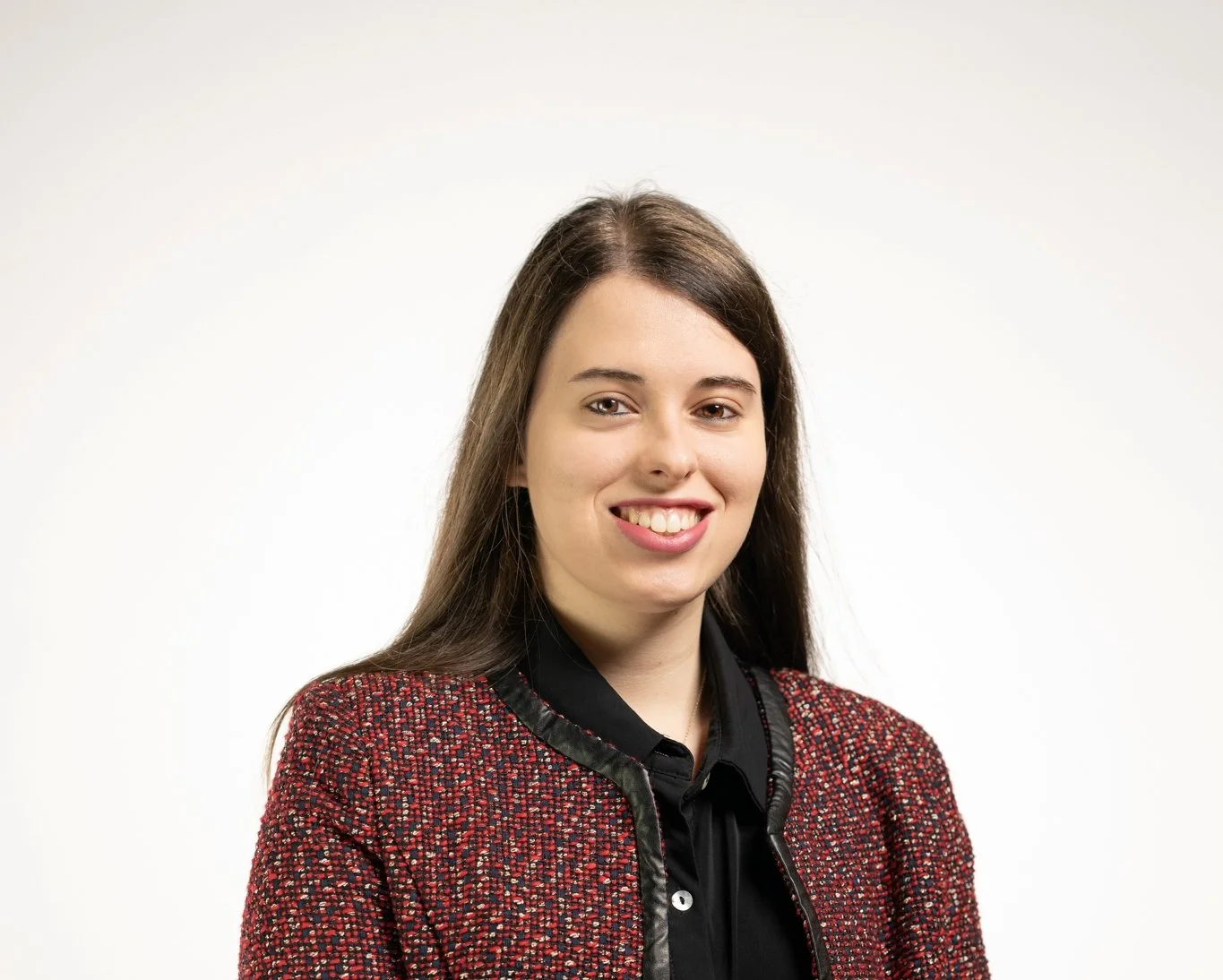The Intersection Between Tokenization of Assets and Decentralized Justice
Authored by Inês Bragança Gaspar, Antas da Cunha Ecija & Associados, Lisbon
The tokenization of assets using blockchain technology holds the promise of revolutionizing the traditional lending market and to offer alternatives for companies wanting to secure liquidity and funding.
Yet, this paradigm shift brings its own set of challenges, including legal disputes that often arise among the various stakeholders involved in the tokenization process. These disputes frequently involve technical intricacies that are not easily grasped by mainstream participants in the legal realm. Can decentralized justice and platforms such as Kleros be the solution for those challenges and disputes?
What is tokenization of real-world assets?
Tokenization involves digitally representing an existing asset on a distributed ledger, namely a blockchain. Any asset that has a market value can be tokenized and then traded on a secondary market. The tokenized assets are usually called real-world assets or RWAs for short.
The process of asset tokenization involves certain steps, such as auditing the asset that will be tokenized, choosing the best blockchain and token, issuing said token and linking it to the real-world asset, amongst other necessary steps, which can vary according to the type of asset that is being tokenized.
How can tokenization be used in financing?
The total global value of real-world assets has been estimated to be currently in the trillions of dollars, with a large part of that value locked in illiquid assets, such as real estate. Tokenization allows companies to monetize their own assets, increasing the available liquidity in the market.
The global trade finance gap, meaning the difference between the demand for trade finance and the supply that is available for companies through traditional finance, has been increasing year by year and its value is in the range of trillions of dollars.
The most affected companies by this trade finance gap are the micro, small and medium-sized companies, especially those in poorer countries. For these companies, traditional finance does not provide an answer to their financing needs, since many times they operate in an informal structure, and do not pass the strict underwriting criteria of traditional finance providers.
The lack of options also makes these companies and the people and families running them become more vulnerable to informal lenders, and further contribute to the existence of unsafe communities.
Tokenization of RWAs can also contribute to the democratization of investments by reducing its entry barriers and allowing financing to be available to a wider range of companies and projects. Besides, since tokens can be exchanged 24/7, tokenization also allows for access to a global market, and to faster access of funding, with all the steps of the process being registered in a distributed ledger.
Several Web3 companies are already building tokenization solutions for alternative financing. One such company is Defactor, which has recently developed a toolkit to help onboard small and medium businesses onto Web3 and blockchain-based solutions and make tokenized assets accessible across the globe.
However, tokenization does not come without its own challenges, namely the need to connect the asset with its tokenized counterpart and various legal and regulatory risks. This is where Kleros can come to the rescue.
How does decentralized justice come into play?
The different solutions powered by Kleros can be integrated onto platforms tokenizing real-world assets.
One of the main challenges when tokenizing assets is the auditing of off-chain assets and verifying their characteristics and value. Kleros can offer an innovative solution by allowing submission of documentation and videos of real-world assets for jurors to vote on their validity and accuracy. Kleros can also serve as a KYB (Know Your Business) tool for onboarding asset originators and liquidity providers onto tokenization platforms, leveraging its community of jurors to assess risk and reputation.
Kleros Curate can also facilitate decentralized curation of real-world assets by ensuring alignment between off-chain assets and their on-chain representations. Users can submit tokens representing real-world assets to a community-vetted registry and jurors in the Kleros Court can assess the quality of compliance and risk assessments. This system can prevent scams and enhance investor trust by creating curated lists of tokenization platforms and liquidity pools, rating them based on compliance criteria and community feedback.
Kleros can also serve as a bridge between on-chain tokens and off-chain assets by allowing communication between its own court system and traditional courts. For instance, if a traditional court issues a judgment on a given asset, the Kleros court could trigger the smart contract managing the asset to reflect changes on the token, including on its price. Additionally, Kleros arbitration rulings could be presented as expert opinions in traditional courts, aiding judges in making informed decisions on matters related to blockchain, smart contracts, and tokenization at a lower cost than traditional technical opinions.
Although there is not yet a specific court for RWA-related disputes in Kleros Dispute Resolver, Kleros can act as a neutral platform for solving disputes that arise between the participants in a tokenization process. For certain types of disputes, jurors may need expertise in legal and financial matters, which could be demonstrated through on-chain certifications, interactions with decentralized finance (DeFi) protocols, or presenting educational qualifications and experience in relevant fields like corporate or securities law.
Both fields of tokenization and decentralized justice are still in the very early stages of adoption, with not many people knowing about them. As more educational resources are available, as more research is conducted and as more companies and projects present solutions that can be applied to real situations, adoption can increase.
These topics were the object of the Author’s research for the 6th Edition of the Kleros Fellowship, whose final report can be read here: INTEGRATING KLEROS ONTO PLATFORMS TOKENIZING REAL-WORLD ASSETS FOR FINANCING PURPOSES



